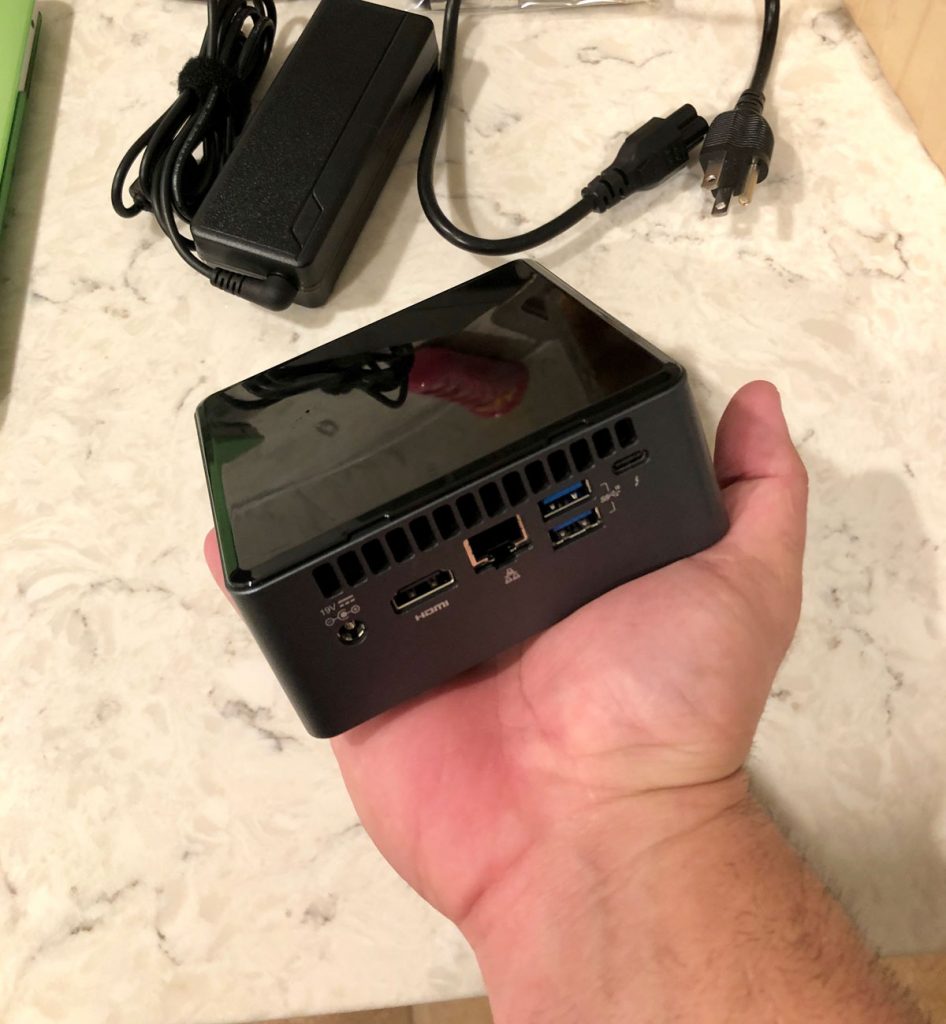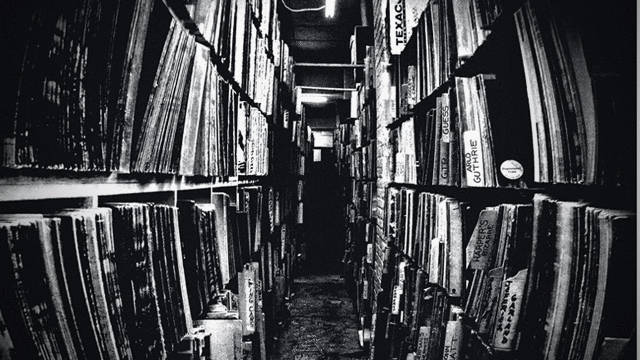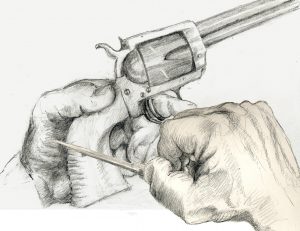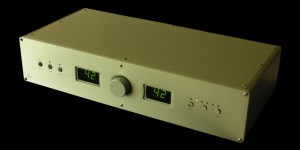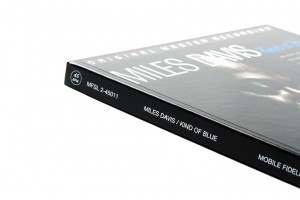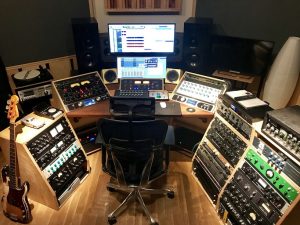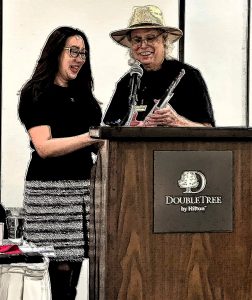Why is that with all the music we have access to, we still play the same 50 albums?
I grew up in a time of Hi-Fi that I thought was the golden age. It wasn't centered on the gear… it was all we had, but was centered on the music. I suppose we all have that same sense of nostalgia, whether gear or music.
My family's system was a huge Kenwood SS receiver, tape deck, Technics SL-1200, and a pair of Acoustic Research AR2s, or at least as I can still imagine it. More than the system, I remember the trove of records and tapes. We had drawers of tapes and stacks on stacks of records. With as much music as we had, I remember my dad coming back to James brown, Abba, and Pablo Casals. I'd like to think he had more varied tastes, but the nightly choices of music doesn't support this idea.
My father was a previous clarinet player, even a member of the Wilshire Ebell theater; but alas we listened to the same albums over and over. Even when my older brother started collecting music while in high school, the standards for my family were still leaned on, and only mildly expanded. I've come to believe that these standards were selected out of ease and fondness. I've gone from a record collection of 800+ records to about 300 in total. Even after thinning my collection to albums I wanted to hear again, and alphabetizing them, I still find it difficult to find something exciting to listen to at times, and often it becomes the standard bearer I go to first.
Over that past 20 years, I've shifted though different media sources, as many audiophiles, and have continued to collect new and old music along the way. Moving from tapes while in middle school, to CDs in high school, digital audio while in college and grad school, and lastly back to records. As my wife would describe, my desire to purge is a character flaw, I've cleaned house of my collection and libraries far too many times to count… each time giving birth to a new focus and desire for organization… maybe just trying to find the music I was seeking at the time or to explore a theme.
I'll exclude the fun times spent with Napster and the belief music was free and that MP3s were OK. iTunes was a bit of a revelation, the ability to both purchase music, and rip my CDs.
Soon, iPods became the front end of choice… not exactly Hi-Fi, I think we have all been there. My iPods were followed by a Gen 1 Mac Mini. Apple had a great integrated media player which mimicked the functionality of their Apple TV. For the next 10 years, I ran versions of Mac Minis with external drives, SDDs, dedicated loads, various DACs, and what not. I won't take us down DAC memory lane, but it did include the modifying of a PlayStation, DIY kits, and several Denon CD players.
Following a great article in the Absolute Sound, I was convinced that all my previous rips were done wrong, and I needed an overlay player to get past the inherent limitation of Apple's Core Audio. I've literally ripped more than 2000 CDs to resolve this issue, and bought more overlay players and add-ons than I could count. One of my very favorites was Amarra Hi-Fi. It bypassed Core Audio, but let iTunes manage the library. iTunes doesn't care about hi-res audio, but it does know how to keep a large library organized; a feature few players matched. I remember going to shows with pen and paper to write down albums played, and later just listening with Shazam. Then I was off to HDtracks or iTunes to buy a copy of the music that I found most interesting. Audio shows may be intended for gear, but it's one of the best places to hear wonderfully curated play lists or secret albums.
The last four years has democratized music. Less important is the ownership of music… you can rent access. My 3tbs of hi-res files of ultra cool stuff isn't needed; I can just stream it. The HD with my library got moth balled, and the Mac Mini became a front-end for Amarra to stream Tidal. Streaming offers so much promise, but may leave behind some of the benefits of files. Soon, the Mac Mini was retired for various Raspberry Pi units as end points, or DACs that could stream directly without the need of a computer.
This last winter I moved, and started fresh with a new music room. Two dedicated 20 amp circuits, and the whole house has Cat5 hard wired to each room and live to the web. The idea of whole house audio became possible. The new music room was set up differently than last time… more accessible but smaller. Having a Mac Mini set-up for streaming didn't make sense. Additionally, the Mac server idea still left itself open to my tinkering nature. During this period, a customer who later became a friend, espoused the virtues of Roon. Roon wasn't about what titles I had locally or streaming, it was about finding the interconnection between all my music. Relational meta data on steroids. So, before I started this project, I re-ripped 2400 albums, and deleted any tracks below CD quality. With Room running on my MBP, I could see the potential, but yet I was left with a computer, streaming, and rendering my hi-res… I guess I had made it?
The goal was still to reduce my neurosis. I needed something without a screen, KB, or mouse. Maybe I could put the server in my router closet and forget it exists? With my friend's help, I was introduced to the Roon Rock idea… using Intel NUCs. Crazy small full-fledged computers with laptop power supplies. These things are tiny, like 4" x 4" x 2". Roon Rock runs on the NUC with a custom install of Linux. This means it will be reliable; like atomic clock reliable, at least from the software end. We selected a i5 4 core NUC. The Rock OS can make use of all the cores to aid with speed. Ram is small, 8gigs… won't use more as it is designed as server with a web based or IOs based user interface. I went with two drives… a M2 drive 128gig for the OS and the database, and a 4TB SSD for my files… my library, the collection of 20 years of music… my vault.
All my music is ripped as AIFFs, and when I buy Hi-Res I chose AIFF because it allowed iTunes to manage. No longer is this choice needed as Roon will make use of everything. I used iTunes for the ripping, so everything was in a single folder. I just pointed Roon to index the folder and we were up.
Roon is not without critics or downsides. It has a cost of entry. That said, Roon can be loaded onto Window PCs, Linux boxes, and Macs alike. You can load the end point or the server… you can buy their server, build your own, or buy someone else's. I was intimidated by the process, but have come to see just how easy and affordable it can be. The basic idea is NUC, RAM, small M2 drive, and an external HD with all your music you've coveted.
The virtues of Roon are vast and well known, but I'll list my favorites. Every favorite album in Tidal is saved and appears seamlessly. It incorporates my hi-res files seamlessly with my Tidal library. It up-samples in ways I can hear and think are better. It finds my Raspberry Pi end points automatically. My wife's office, or the TV can get the same music, or different music all managed by this little box that I can't tinker with. Internet radio is super easy to add… KUSC works! Perhaps the most important feature is the album art and metadata. You can play one artist and discover collaborations, tracks, and albums you never knew existed,. With Tidal for streaming, I can see music I never knew; but more importantly I can play it. My music guides Roon to suggest more music that I might be interested in.
At the start of this article I asked a common refrain, "Why is that with all the music we have access to, we still play the same 50 albums?" I've come to believe it has more to do with not seeing the connections between our choices of preferred music, and not having thoughtful suggestions that are in line with our existing preferences. Roon has helped me see the highlights within my own libraries, both local and streamed. I think the future is squarely in local libraries and streamed camps, and for good reasons. Having huge interesting libraries was once seen as a mark of a seasoned audiophile, but how we make use of these treasure troves is now the better area of focus.
Roon
Justin Weber is the owner of ampandsound.




